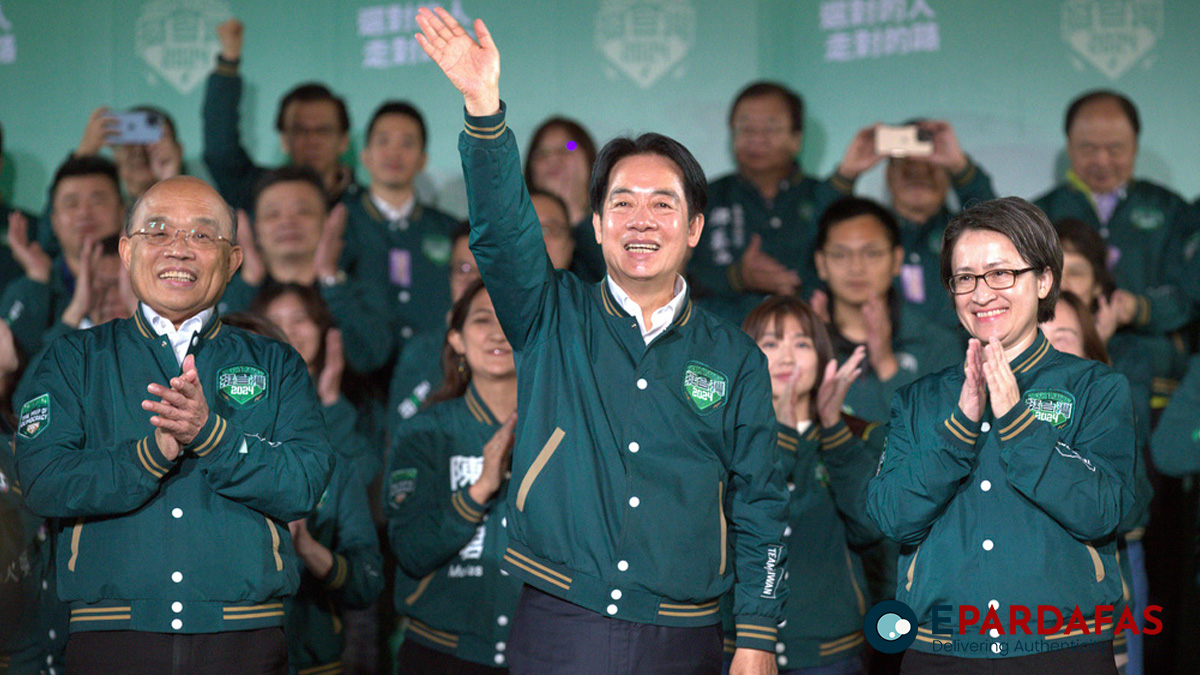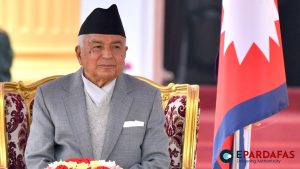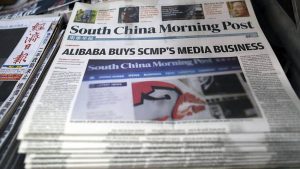
Beijing Dismisses DPP’s Victory in Taiwan’s Presidential Election
In a swift response to Taiwan’s ruling Democratic Progressive Party’s (DPP) victory in the presidential election, Beijing declared on Saturday that the DPP does not represent the island, framing the statement as a dismissal of the democratic vote’s outcome. Chen Binhua, spokesman for China’s Taiwan Affairs Office (TAO), issued a statement through the state-run Xinhua News Agency, asserting that the DPP “cannot represent the mainstream public opinion on the island.”
Contrary to this stance, the two other candidates, Hou Yu-ih of the China-friendly Kuomintang (KMT) and Ko Wen-je of the emerging Taiwan People’s Party (TPP), praised Lai’s victory as the collective decision of the Taiwanese people. Beijing’s response underscored a clear disagreement with this sentiment.
Historically confrontational towards the DPP, Beijing’s response this time may be particularly noteworthy as it emphasizes President-elect Lai Ching-te’s receiving less than half of the total vote and his party losing the majority in concurrent parliamentary elections. This differs from past responses, which have typically criticized the DPP following victories.
TAO’s statement went further to claim that “Taiwan is China’s Taiwan,” reinforcing the longstanding Chinese position on unification. The spokesperson stressed that nobody can “stop the general trend that the motherland will eventually be reunified and will inevitably be reunified.” This rhetoric aligns with Chinese President Xi Jinping’s recent New Year’s address, where he stated that unification with Taiwan was “inevitable.”
The mention of being “resolutely” against “Taiwan independence” in the statement likely reflects China’s characterization of Lai as a staunch “separatist” and a “troublemaker.”
In an effort to promote cross-strait exchanges, Beijing explicitly added that it would work with “relevant political parties [and] groups” for the “great cause of the reunification of the motherland.” This marks a shift from four years ago when TAO vowed to cooperate with “Taiwan compatriots.”
While Beijing expressed its stance, the U.S. and Japan congratulated the DPP on its victory, lauding the election as smooth, free, and fair. U.S. Secretary of State Antony Blinken congratulated Lai and the Taiwanese people, highlighting the strength of their democratic system. However, U.S. President Joe Biden, in a more muted reaction, reiterated the stance of not supporting independence in Taiwan.
Japan, another unofficial supporter of Taiwan, congratulated the “smooth implementation of the democratic election and Mr. Lai on his victory.” Foreign Minister Yoko Kamikawa emphasized resolving cross-strait issues peacefully through dialogue, contributing to peace and stability in the region while maintaining a non-governmental working relationship with Taiwan.















Comments